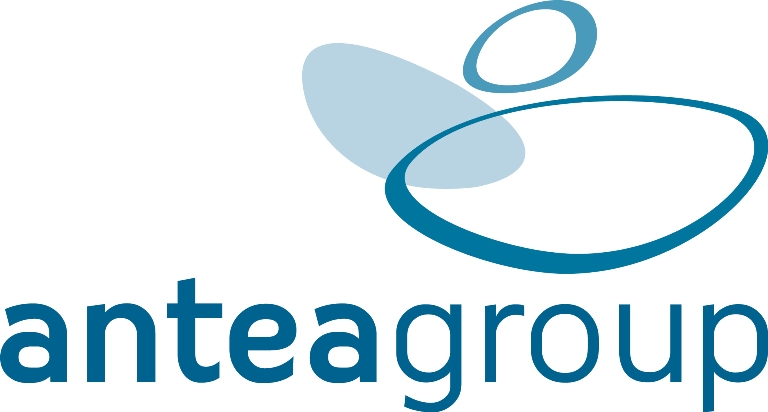Lost in Translation: Why Cultural Competency is an EHS Essential for Global Expansion

Lost in Translation: Why Cultural Competency is an EHS Essential for Global Exp…
While the business world is ripe with opportunities for companies to expand into new countries and markets, one crucial element that is often overlooked—and even discounted—is culture.
As Robert Salomon, professor of International Management and Faculty Scholar at NYU’s Stern School of Business, said in a recent interview: “Culture is the least well understood of all of globalization’s challenges because culture is difficult to define and measure.”
From language barriers to religious traditions to culture of time to women in leadership roles, there are numerous cultural variances that exist from country to country and even region to region. Navigating and understanding those differences is key to a company’s success as they integrate their corporate culture into the new host country.
On the Antea Group blog, we explore five ways cultural competency plays a critical role in the development of a company’s EHS programs during a global expansion.
About Antea Group
Antea Group is an international engineering and environmental consulting firm specializing in full-service solutions in the fields of environment, infrastructure, urban planning and water. By combining strategic thinking and multidisciplinary perspectives with technical expertise and pragmatic action, we do more than effectively solve client challenges; we deliver sustainable results for a better future. With more than 3,000 employees in over 100 offices around the world, we serve clients ranging from global energy companies and manufacturers to national governments and local municipalities. Learn more at http://us.anteagroup.com.

